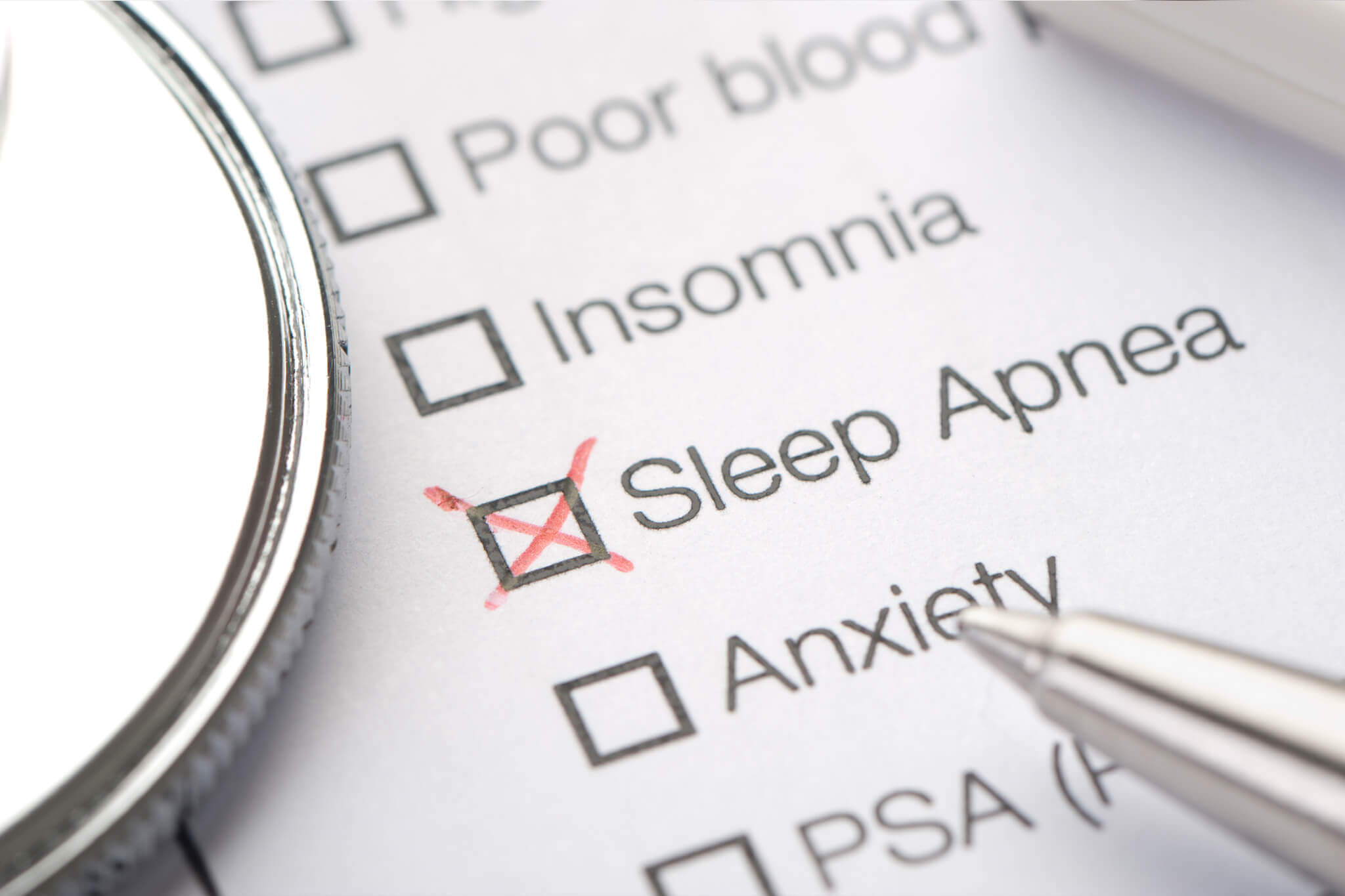Struggling to get a good night’s sleep can feel overwhelming. For adults battling insomnia, the road to restful nights can seem unclear.
If you are wondering how long it takes to effectively treat insomnia and what steps can help, this blog will provide clarity. From exploring treatments for insomnia to understanding timelines for improvement, we will break down everything you need to know.
What is Insomnia?
Insomnia is a sleep disorder that makes it difficult to fall asleep, stay asleep, or wake feeling rested. Acute insomnia lasts for a brief time, often triggered by stress or changes in routine.
Chronic insomnia, on the other hand, occurs at least three times per week for three months or longer. Common causes include stress, irregular sleep patterns, mental health conditions, and physical health issues such as chronic pain or heartburn.
Why Quick Treatment Matters
Sleepless nights can affect more than just your energy levels. Untreated insomnia can lead to serious consequences, such as difficulty concentrating, mood swings, and increased risks of accidents.
Over time, it may contribute to chronic conditions like high blood pressure, diabetes, or heart disease. Seeking timely treatment for insomnia in adults can improve both your short- and long-term well-being.
How Long Does It Take to See Results From Insomnia Treatment?
The timeline for treating insomnia can vary greatly depending on its severity, underlying causes, and the treatment approach. Many people notice improvements within a few weeks, while others may take longer.
Here are common treatment approaches and their timelines:
1. Cognitive Behavioral Therapy for Insomnia (CBT-I)
CBT-I is considered the gold standard and most effective first-line treatment for insomnia in adults. This structured, evidence-based therapy is designed to identify and change the negative thoughts and behaviors that disrupt sleep patterns, helping to restore healthy sleep.
Timeline for Results
With consistent participation, many individuals start noticing significant improvements in sleep within 6 to 8 weeks. However, results may vary depending on individual circumstances.
What to Expect
CBT-I focuses on several key areas, including improving sleep habits (sleep scheduling and bedtime routine), practicing relaxation techniques like mindfulness or progressive muscle relaxation, and cognitive restructuring to reduce anxiety and unhelpful beliefs about sleep.
It empowers individuals with tools to manage sleep issues in the long term without relying on medication.
2. Healthy Sleep Hygiene Changes
Sleep hygiene involves adopting habits and creating an environment that promotes sleep. These changes are essential for improving the body’s natural sleep-wake cycle and ensuring long-term sleep health.
Here are some habits to follow:
- Limiting screen time (particularly blue light exposure) at least 1-2 hours before bed.
- Keeping a consistent sleep schedule, even on the weekends.
- Creating a dark, quiet, and comfortable sleep environment.
- Avoiding heavy meals, alcohol, or caffeine late in the day.
Timeline for Results
Simple adjustments like reducing screen time may show results in a few days, while more significant changes, such as adjusting a sleep schedule, may take several weeks of consistent effort.
What to Expect
Over time, these habits signal to your body it’s time to wind down, making it easier to fall asleep and stay asleep.
3. Medications for Insomnia
Medications can provide short-term relief for acute or severe cases of insomnia, particularly when immediate symptom management is required. Common sleep aids include zolpidem (Ambien), eszopiclone (Lunesta), and benzodiazepines.
However, they are not a long-term solution and should be used cautiously under medical supervision due to potential risks like dependency, tolerance, or side effects.
Timeline for Results
Sleep aids often work immediately upon use, delivering short-term relief. However, they do not address the root cause of insomnia, and sleep issues may persist once medication is discontinued.
What to Expect
Medications temporarily alleviate insomnia symptoms, such as difficulty falling asleep or staying asleep, while giving individuals time to integrate other long-term strategies like CBT-I or sleep hygiene improvements.
4. Addressing Underlying Health Conditions
Insomnia is often a symptom of other physical, mental, or emotional health conditions. Addressing these underlying issues can significantly improve sleep quality and lead to better overall health.
Common contributing conditions are:
- Mental health disorders like anxiety, depression, or PTSD
- Chronic pain, arthritis, or fibromyalgia
- Sleep disorders, such as sleep apnea or restless leg syndrome
- Hormonal imbalances or medical conditions like thyroid disorders
Timeline for Results
The timeline varies depending on the specific condition and its management. Improvements in sleep may take weeks to months as the underlying issue is addressed.
What to Expect
Treating the root cause of insomnia not only helps restore sleep patterns but also improves physical and emotional well-being. This approach often requires collaboration with a sleep medicine doctor to develop a comprehensive treatment plan.
By combining these strategies, you can create a personalized plan to effectively manage insomnia and improve your sleep quality in the long term.
Treatments for Insomnia in Adults in Reno-Sparks, Nevada
Do not settle for restless nights and exhausted days. Insomnia may feel overwhelming, but effective solutions are within reach. By seeking treatment and making healthy changes, you can improve your sleep and overall quality of life.
If you are ready to start your journey to better sleep, visit MelioREM Sleep Clinic today. Our board-certified and fellowship-trained sleep medicine physician and internist, Dr. Innocent Ezenwa, provides expert care tailored to your needs. Whether through CBT-I, customized sleep strategies, or holistic approaches, we are dedicated to helping you achieve better sleep.
Call us today at (775) 557-4900 for more information. We look forward to serving you!
Sources
https://www.nhlbi.nih.gov/health/insomnia/treatment




